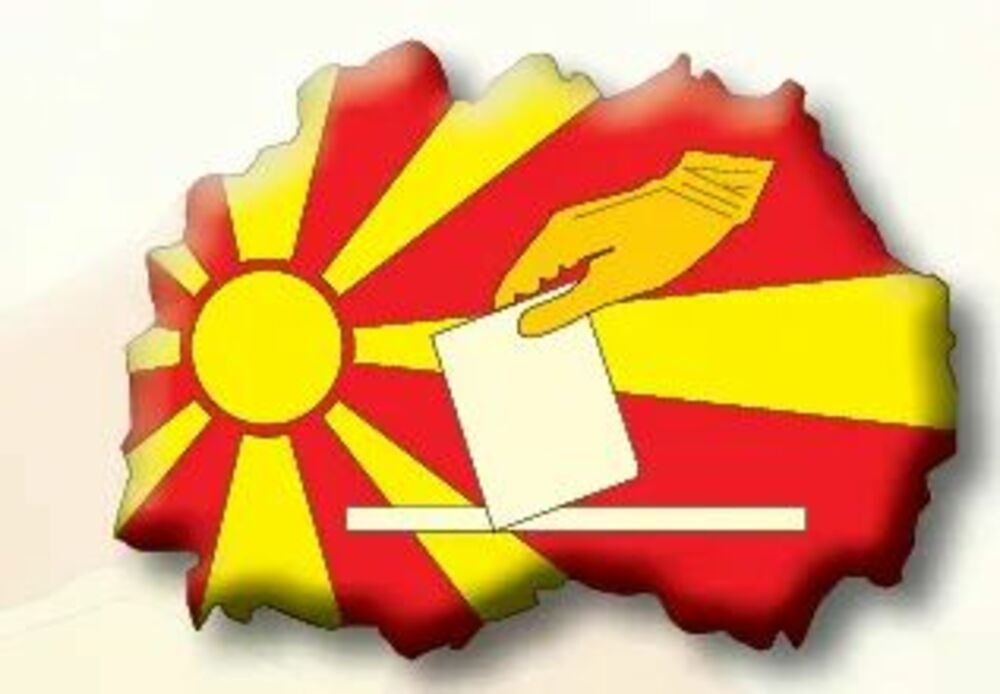site.btaNorth Macedonia Votes for President, Parliament


On Wednesday, North Macedonia votes in presidential runoffs and in general elections. Voters have the right to choose in which elections to participate - presidential or parliamentary, or both.
VMRO-DPMNE's Gordana Siljanovska and Stevo Pendarovski, backed by SDSM for a second term are contesting the elections, with Siljanovska taking a double lead after the first round on April 24.
Already on election night on April 24, Pendarovski said that he would not explicitly seek the support of individual political parties for the run-off, but that of the citizens. A few days before the vote, the coalitions of Albanian political parties, which had nominated their own candidates for the first round, announced that they would not call on their voters whom to support and would leave this decision to them.
One of the big questions of today's vote in the presidential election is whether voter turnout will be above 40%, which is the legal condition for the election of a president. VMRO-DPMNE leader Hristijan Mickoski spoke of a possible boycott of the election campaign, and the coalition of Albanian opposition parties, which are declaring their goal to send into opposition the largest Albanian DUI party, which was part of the governments of both VMRO-DPMNE and SDSM, asked whether the DUI was preparing a "silent boycott" of the elections in order to provoke a political crisis in the country. The Left party was also accused of preparation for a boycott of the elections. Practically none of the parties that nominated a presidential candidate for the first round of elections have sent a specific message of support to Siljanovska or Pendarovski in the second round.
Sventeen political parties and coalitions are contesting the eleventh parliamentary elections in the country. The electoral system is proportionate, with North Macedonia divided into six electoral districts, in each of which 20 deputies are elected.
Possible coalitions after the elections, which would form a government, were one of the leading topics in the election campaign. VMRO-DPMNE's Mickoski, whose party polls suggest would get the highest number of votes in the vote, cited the coalition of Albanian opposition parties as a desirable coalition partner, which in turn also said it would take part in the country's future government. Bujar Osmani, who was nominated by the coalition around DUI as president in the first round, said, however, that in North Macedonia's next parliament, the DUI will have 20 deputies and will be the only party "which can provide the so-called Badinter's majority" (the inclusion of ethnic communities in important decision-making) in the legislature.
Some 1,999 observers and foreign media have been accredited to monitor and cover elections, according to information published on the website of the State Election Commission.
/PP/
news.modal.header
news.modal.text